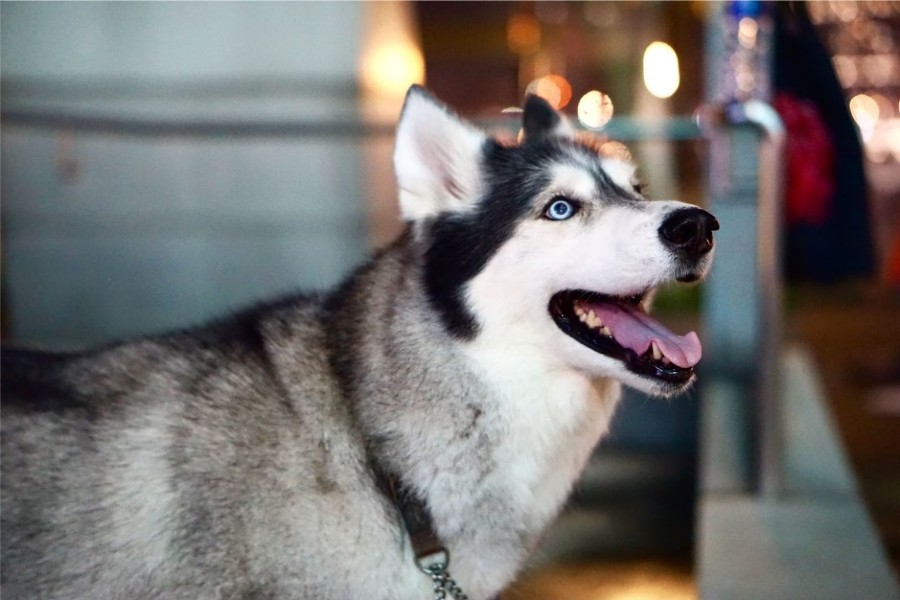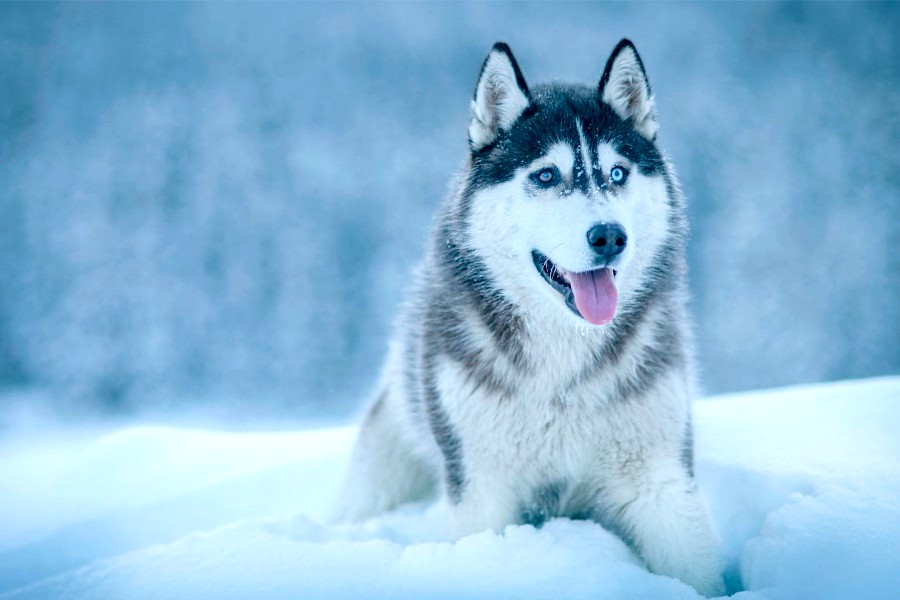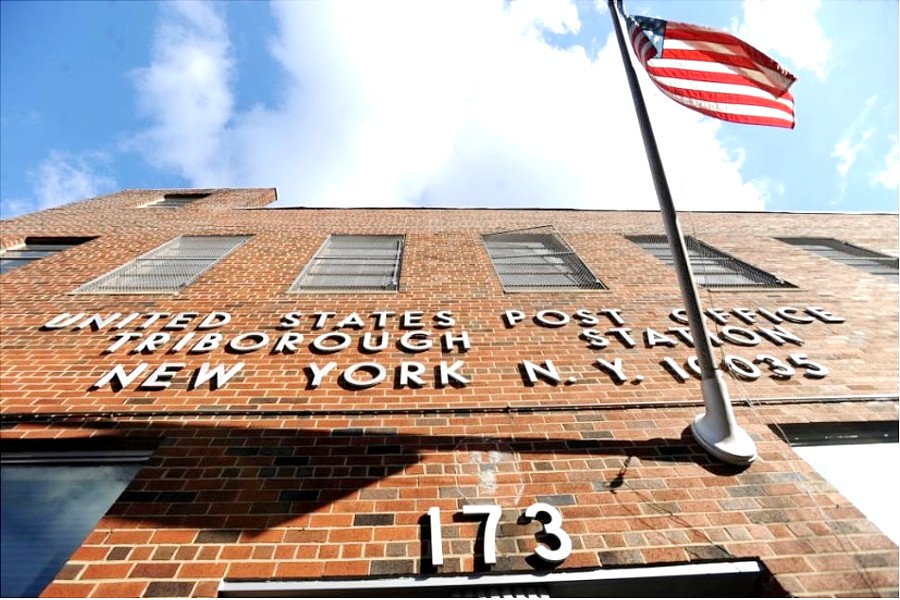
As a Harlem pet owner, you know that proper nutrition is essential for your furry friend to stay healthy and happy.
With a diet tailored specifically to their needs, huskies can maintain a balanced lifestyle while ensuring they receive the vitamins, minerals, proteins, carbohydrates, and fats needed for optimal health.
Unfortunately, many of us underestimate the importance of feeding our Huskies correctly. We must understand how important it is as owners to properly hydrate them on top of being mindful of what type of food and supplements go into their diet. To have the best quality life possible for your Husky, today’s blog post will go over all you need to know about promoting good nutrition with your pup!
Understand the nutritional needs of your husky
As a proud husky owner, you know just how important it is to provide your furry friend with the very best care possible. One crucial aspect of that care is understanding their unique nutritional needs. Huskies require a balanced diet that includes the right amounts of proteins, fats, carbohydrates, and vitamins. Proteins are essential for maintaining strong muscles, while fats give them energy and maintain proper organ function. Carbohydrates provide fuel and vitamins to keep your dog’s immune system in peak condition.
Research what foods are best for your husky’s breed and age
It’s essential to research what foods are best for your husky’s breed and age. These dogs have a higher metabolism rate than other breeds, and they need a diet rich in protein and fat to maintain their high energy levels. It’s important to choose a dog food that has real meat as the first ingredient and avoid fillers like corn and wheat. Have in mind that the best dog food for Siberian Huskies is made from whole food ingredients that add to your husky’s health. Additionally, the food you choose should be appropriate for your husky’s age, whether they are a puppy, adult, or senior. With a bit of research, you will be able to find the best food for your husky to keep them healthy and happy.
Monitor your dog’s weight to ensure they stay at an optimum weight
One important aspect of husky’s health is their weight. Keeping our dogs at an optimum weight can prevent a multitude of health problems such as joint pain, heart disease, and diabetes. It’s important to remember that every dog has a different ideal weight based on their breed, size, and age. Regularly monitoring your dog’s weight and consulting with their veterinarian will ensure that they stay at a healthy weight and live a long, happy life.
Plus, maintaining a healthy weight will allow your pup to have the energy and agility they need to enjoy all of their favorite activities – whether that’s playing fetch or going for a long hike.
Avoid over-feeding your husky which can lead to obesity
Huskies are known for their energy and love of exercise, but like any dog, they also enjoy their food. As their owner, it’s your responsibility to ensure they’re getting the right amount of nourishment without overindulging. Over-feeding your husky can lead to obesity, which in turn leads to a variety of health problems such as joint pain, heart disease, and even a shorter lifespan. To avoid this, it’s important to monitor your husky’s food intake and stick to a consistent meal plan.
While you may be tempted to give them extra treats or table scraps, it’s best to stick to a healthy diet and portion sizes.

Monitor their food intake and watch for signs of proper digestion
As already mentioned, by monitoring your husky’s food intake you can ensure that they are receiving the proper amount of nutrition to remain healthy and strong. Signs of proper digestion can be seen when you notice that your husky’s stools are firm and regular in terms of bowel movements. In addition, the presence of solid waste indicates that your pup is obtaining the necessary vitamins, minerals, proteins, carbohydrates, and fats from its diet. If you notice any changes in your husky’s stools or digestion routine, it might be a good idea to consult with a veterinarian to ensure that they are receiving proper nutrition.
Know the warning signs of poor nutrition in your husky
Sometimes it’s difficult to tell when your dog isn’t getting the proper nutrition they need. If you notice any of the following signs, you should take it as a sign that something could be wrong: underweight or overweight, dry skin and coat, frequent illnesses, lackluster energy levels, digestive upset, and changes in behavior. It’s important to consult with a veterinarian if you notice any of these symptoms, as they may indicate a need for a change in diet or supplementation. By keeping a watchful eye on your husky’s nutrition, you’ll be taking an essential step towards ensuring their long-term health and happiness.
Proper nutrition is vital for your husky’s health and well-being. It’s important to understand what macro and micronutrients should be included in their diet. Quality foods with good ingredients will ensure that they get the balanced nutrition they need while avoiding fillers and additives which can pose a health risk. Research breed-specific foods as well as age-appropriate brands to ensure that you are feeding your dog the very best. Additionally, monitor their weight regularly to ensure that they remain at an optimum level that is neither too fatty nor too skinny.
Lastly, remember to pay attention to how your husky digests its food by monitoring their stools and looking for consistent bowel movements. Following these tips can help you create a healthy diet plan for them that meets all of their needs!
This content is part of the HWM Partnership.

- Hamilton Lodge Ball, Recognized As The First Drag Ball In The United States, 1869-1937
- Caught In A Legal Battle? Here’s Why You Need A Strong Defense
- Benefits Of Cloud Storage In Healthcare: On The Wave Of The Latest Advances
- 5 Benefits Of Outsourcing Debt Collection To Professionals
- Sleep Apnea Testing Done At Home
Become a Harlem Insider!
By submitting this form, you are consenting to receive marketing emails from: Harlem World Magazine, 2521 1/2 west 42nd street, Los Angeles, CA, 90008, https://www.harlemworldmagazine.com. You can revoke your consent to receive emails at any time by using the SafeUnsubscribe® link, found at the bottom of every email. Emails are serviced by Constant Contact








